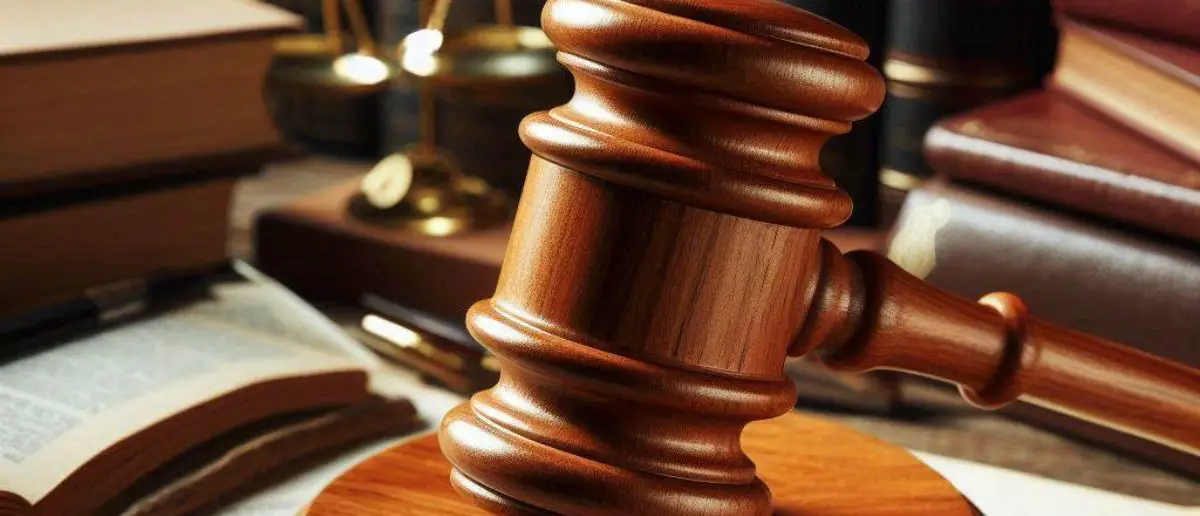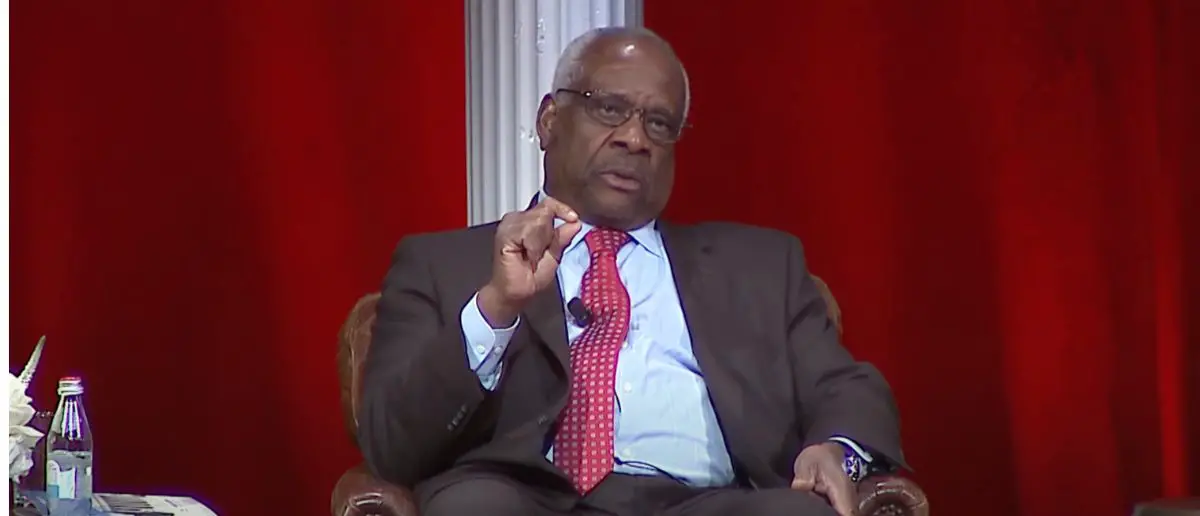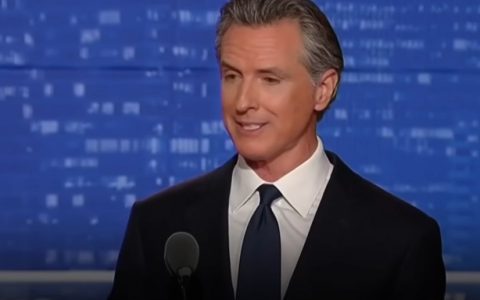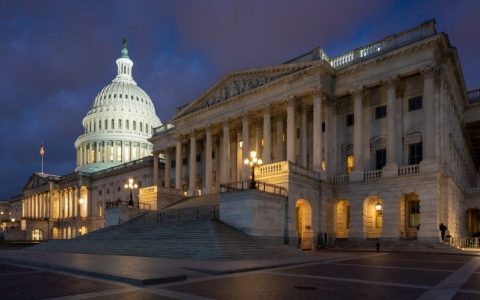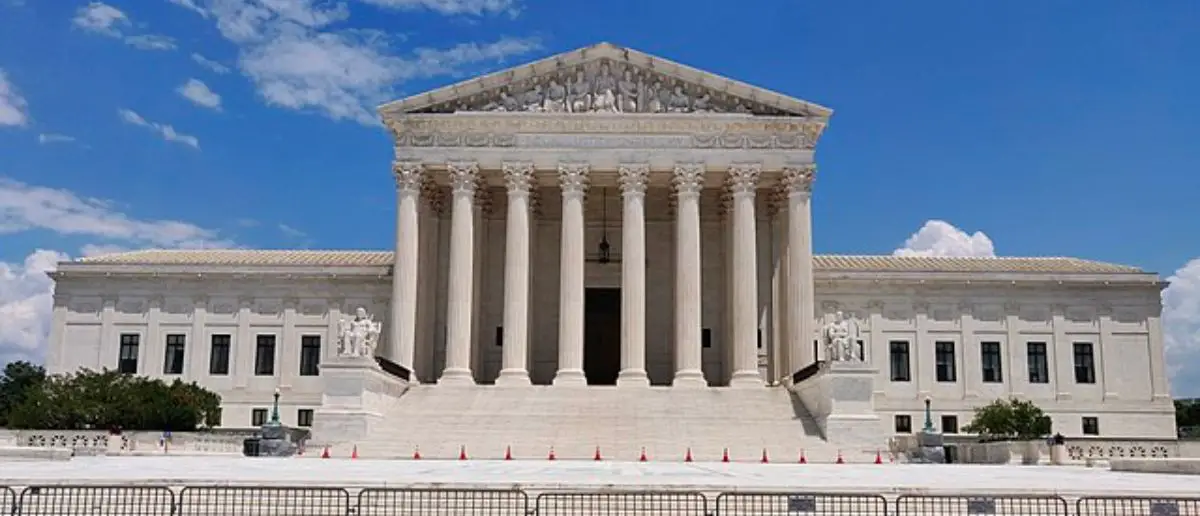
Conservatives thought they had enough allies on the Supreme Court. They thought wrong.
And now the Supreme Court just changed the First Amendment forever.
One of Donald Trump’s biggest victories of his presidency was putting three Justices on the Supreme Court.
For years the Democrats had been stacking the Court more and more left thanks to Obama’s appointments.
With Trump’s appointments, the Court finally started to sway right.
But even that doesn’t seem to be enough after the Supreme Court made a shocking ruling.
The United States Supreme Court denied a Florida city’s motion to dismiss a lawsuit brought by atheists who claim they were offended when the community staged a prayer vigil in response to a local mass shooting.
The case involves two members of the American Humanist Association, Lucinda Hale and Art Rojas. Hale and Rojas have accused Ocala of breaching the First Amendment’s establishment clause after police organized a prayer vigil with local religious leaders in reaction to a 2014 shooting that injured several children.
The City of Ocala argued that the “psychic or emotional offense allegedly caused by observation of religious messages” was not sufficient to provide the atheists standing to sue.
The city’s petition was denied by the Supreme Court, giving atheists a temporary victory.
The only silver lining is that Justice Neil Gorsuch stated that the lower courts presently evaluating the case should ultimately rule in favor of Ocala.
According to court filings, police chaplains were praying and singing on stage while wearing their uniforms.
The atheists stated that the prayer vigil’s religious components were disrespectful and made them feel alienated. The district court and the United States Court of Appeals for the Eleventh Circuit both determined that the atheists had standing to sue.
Ocala sought a review of the 11th Circuit’s 2018 decision granting the atheists standing in light of the Supreme Court’s 2022 decision in Kennedy v. Bremerton School District, in which the court said former football coach Joe Kennedy had the right to lead members of his team in voluntary post-game prayers.
The Supreme Court denied the request, but Gorsuch wrote in an accompanying statement that the legal approach utilized by lower courts to award the atheists standing — known as the “Lemon test” for a 1971 Supreme Court decision — was now obsolete.
The Lemon test required judges to assess whether a government action had a secular aim, if the government was entangled with religion, and whether the action’s predominant or primary consequence advanced or impeded religion in determining whether it violated the establishment clause.
“As this Court explained in Kennedy, the Lemon test on which the District Court relied is no longer good law,” Gorsuch wrote.
While he agreed with Ocala that the atheists lacked standing to sue, he said the Supreme Court did not need to intervene in the case because the 11th Circuit had already vacated it and remanded it to the district court, where judges would be constrained by the Kennedy ruling.
“Moving forward, I expect lower courts will recognize the offended observer standing has no more foundation in the law than the Lemon test that inspired it. If I am wrong, the city is free to seek relief here after final judgment,” Gorsuch wrote.
Justice Clarence Thomas filed a second opinion, contending that the case should have been heard by the Supreme Court.
He voiced “serious doubts” about the atheists’ standing theory and suggested the Supreme Court should have intervened without waiting for the lower court procedure to conclude.
“We should reconsider this seeming aberration before it further erodes bedrock Article III restrictions on the judicial power,” he said.
Unfortunately for religious freedom and free speech advocates, the Supreme Court passed the buck.
Stay tuned to DC Daily Journal.

